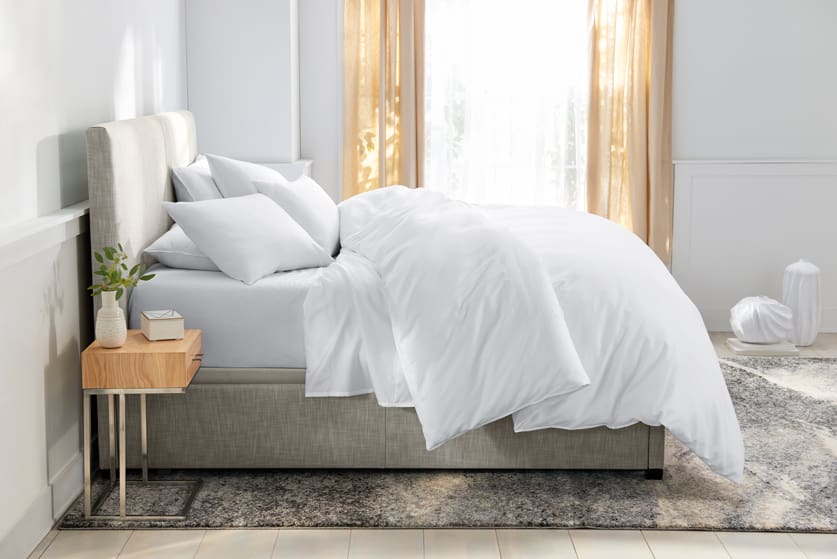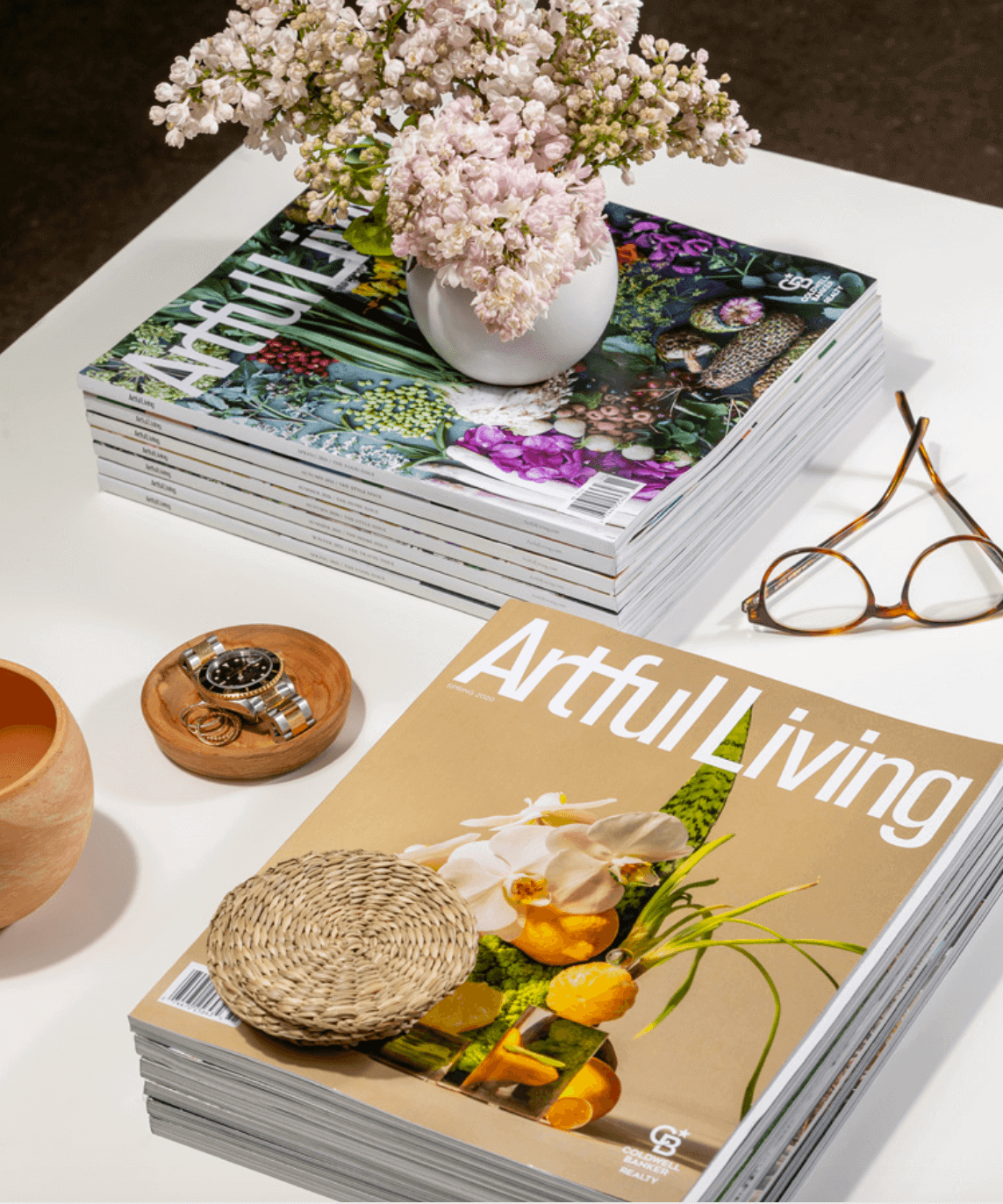
Pat Elflein
Rookie Center
Sleep Number Setting: 45
Throughout my youth and college years, I dreamed of becoming an elite athlete in the NFL. While diet and exercise have long been staples of my training regimen, my college program actually placed a big emphasis on sleep.
To be an elite player in the NFL, it’s important to perform at the highest possible level — and stay there. You need to put in the time in the weight room, take care of your body nutritionally, practice hard and study film. You can’t do those things unless you’re physically and mentally prepared, and that’s where sleep comes into play.
Halfway through my first season, I’ve learned that my body is sore on a whole new level after a game. I am, after all, up against guys with immense speed, strength and power — the best of the best. Sleep plays a huge part in how I recover, relax and replenish so that I can continue to improve.
The biggest difference I’ve noticed since getting my Sleep Number bed is the extra pep in my step. Now, the first thing I do each morning is check my phone to see my SleepIQ score. It gives me a better understanding of how well I slept, including when I’m getting restful sleep and REM sleep — and when I’m not. I can then make adjustments to ensure I’m getting my eight hours each night.
Harrison Smith
Safety
Sleep Number Setting: 55
I used to love hotel mattresses. But after receiving my new Sleep Number bed, I truly miss my own bed when I’m on the road. From the adjustability to the foot-warming feature, I love the customized comfort that keeps me from tossing and turning at night.
I’ve found that good sleep compounds throughout the season. When I’m in the midst of months of rigorous training, my body needs ample time to heal and recover. I’m always aiming to get nine hours of quality sleep each night, because if I can stack
weeks of good rest, it pays off as we go through the season.
Sleep really amps up my confidence in terms of my performance and my post-game recovery. Without good sleep, I feel less prepared to play.
Like everyone, I often have dreams related to work. Once when I was in third grade playing peewee football, I forgot my helmet in the car and my mom had to bring it to me before kickoff. Now, I have a recurring dream that I’m at the stadium and I’ve forgotten a piece of equipment. Let’s hope that never actually happens.
I have a nighttime routine that helps me wind down. Typically, I turn on my foot warmer, brush my teeth and get ready for bed. This usually does the trick so I can get my necessary nine hours of sleep so I’m ready for the day ahead.
Terence Newman
Cornerback
Sleep Number Setting: 65
I consider myself a champion napper. Napping allows me to mentally and physically recover from games and practices. I can sleep anytime, anywhere.
On a typical night, I have nearly 10 pillows on my bed — no joke. One goes between my knees, six are propped up around me and three are strewn about. I roll around a lot and pretty much take up the entire bed. When I climb into a bed that isn’t mine, it just doesn’t feel right, from the pillow count to the firmness of the mattress. Since I’ve found something that suits my comfort needs at home, it can be tough for me to fall asleep when I’m away.
Sleep is a key player in my training regimen. For athletes, the natural production of human growth hormone is vital, as it allows the body to recover after tearing down muscles. Without quality sleep, I can’t compete at my best.
As the saying goes, “The early bird gets the worm.” I’ve always been a morning person. Yet now, I find myself becoming more of a night person because I look forward to climbing into my bed.
Read this article as it appears in the magazine.







